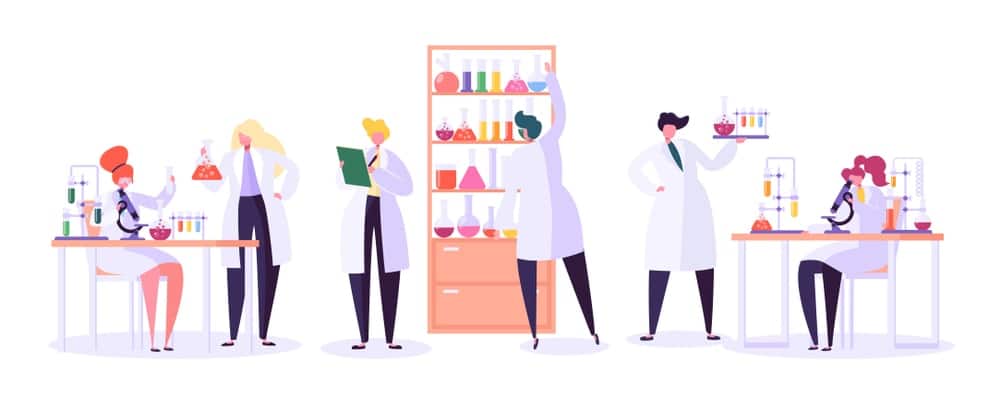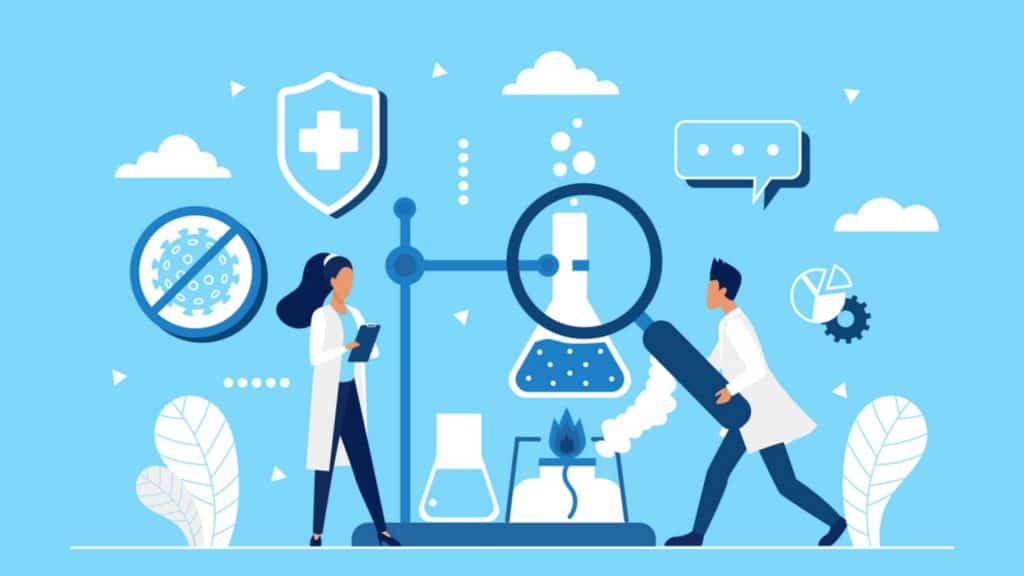Introduction:
Table of Contents
The drug discovery and development process requires the close interaction of a large number of scientific disciplines for many years. Most pharmaceutical and biotechnology firms employ teams to guide the processes involved in taking a discovery through the various drug development stages and making the drug candidate into a therapeutic product.

The drug development team is classified based on their function as follows:
1. Drug discovery project team:
The primary responsibility of this group is to identify lead compounds or classes of compounds worthy of continued research. They include other scientific disciplines such as synthetic chemists, therapeutic disease groups (cardiovascular, CNS, cancer. infectious diseases, or metabolic pharmacologists or biologists. Once a lead or class of leads has been identified, the discovery team further includes bioanalytical chemists, pharmacokinetics, and toxicology experts for the development of the drug candidate.
2. Preclinical drug development project team:
The responsibility of this group is to establish the preclinical development of a lead candidate in coordination with other new teams. These include a management-assigned project team leader and coordinator, RA and QA professionals, clinical trial team, analytical chemists, manufacturing and marketing analysts. One of the final responsibilities of the preclinical drug development project team is to prepare an IND and to submit the appropriate documents to the FDA or other regulatory agencies. As the development of the drug candidate moves into the clinic, the preclinical project team becomes a clinical project team.
3. Clinical drug development project team:
After the IND is submitted the project team is again expanded to include physicians, clinical research associates, drug product production, QA, statisticians, clinical pharmacokinetics, regulatory team medical monitors, marketing team.
Manufacturing team: Manufacturing team, concurrently work with various other teams, during nonclinical and clinical drug development stage which includes pilot plant and scale-up process, validation, regulatory documentation, packaging, and labeling requirement according to GLP or GMP guidelines.
4. Marketing team (post-marketing and pre-marketing):
This team determines whether a drug candidate has potential in comparison to others company’s product or drugs already in the market for indicating the disease. Further, Phase IV studies are undertaken after marketing has begun and evaluated new indications, new doses or formulations, long-term safety, or cost-effectiveness. These include the identification and monitoring of new additional adverse drug (ADR) events from doctors or other health professionals.
The overall functions of the drug development project team are as follows

1. Review the results of research or experiments conducted by various scientific disciplines.
2. Integrating research results from previously generated data and new research
3. Planning research studies for characterization of a drug candidate
4. Preparing a detailed drug development plan, including the designation of key points or development milestones, generating a timeline for completion, and defining the critical path.
5. Monitoring the research studies to ensure that they are being conducted according to the timeline and critical path in the development plan and modifying the plan as new information becomes available
6. Comparing research results and development status and timelines with drug candidates under development with competitors available.
7. Conducting appropriate market surveys to ensure that the development of a drug candidate is economically justified and continues to meet a medical need.
8. Reporting the status of a drug development program to management and making recommendations on the continued development of the drug candidate.
Make sure you also check our other amazing Article on : Regulatory Affairs and Their Responsibility